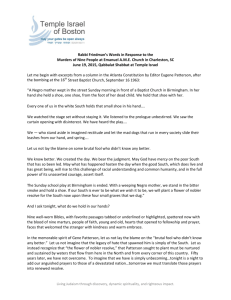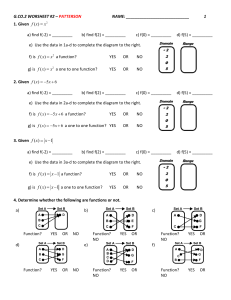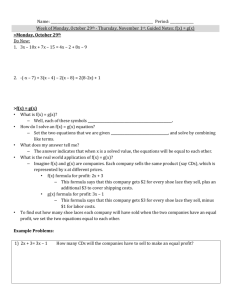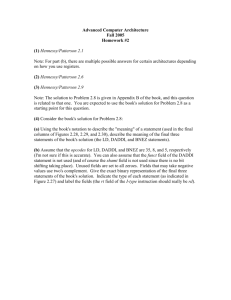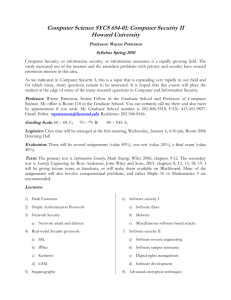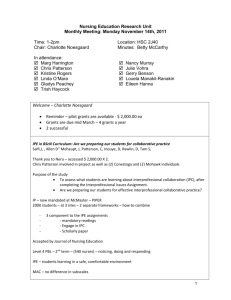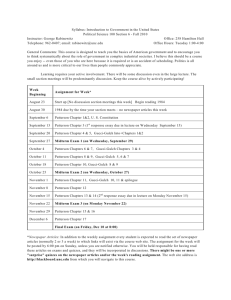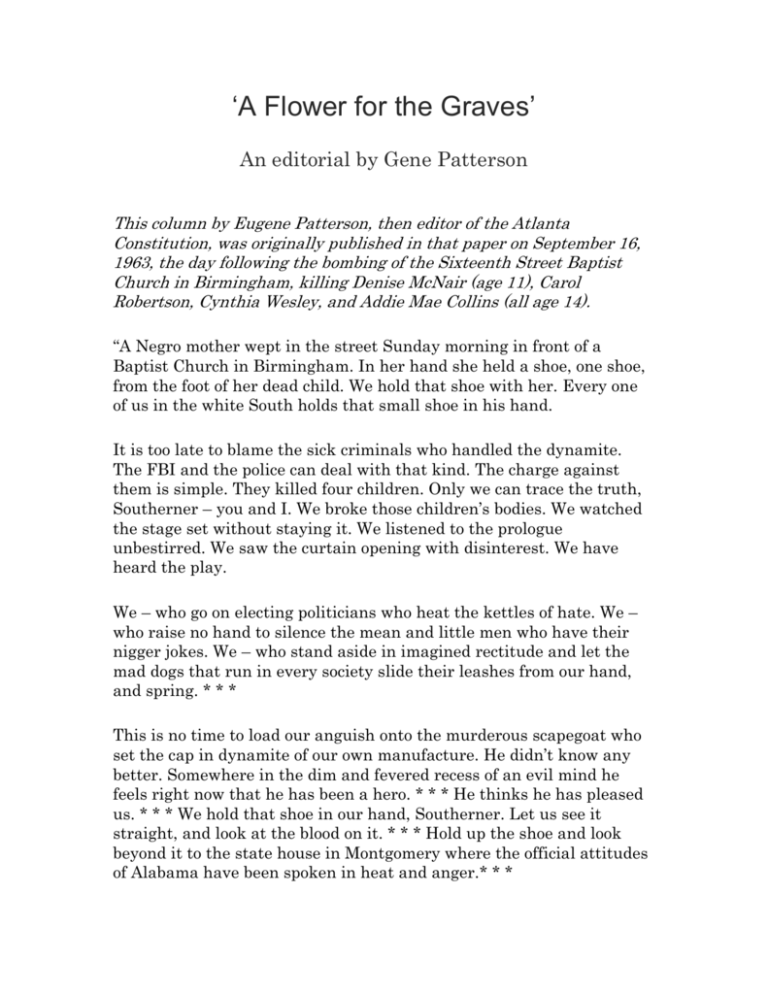
‘A Flower for the Graves’
An editorial by Gene Patterson
This column by Eugene Patterson, then editor of the Atlanta
Constitution, was originally published in that paper on September 16,
1963, the day following the bombing of the Sixteenth Street Baptist
Church in Birmingham, killing Denise McNair (age 11), Carol
Robertson, Cynthia Wesley, and Addie Mae Collins (all age 14).
“A Negro mother wept in the street Sunday morning in front of a
Baptist Church in Birmingham. In her hand she held a shoe, one shoe,
from the foot of her dead child. We hold that shoe with her. Every one
of us in the white South holds that small shoe in his hand.
It is too late to blame the sick criminals who handled the dynamite.
The FBI and the police can deal with that kind. The charge against
them is simple. They killed four children. Only we can trace the truth,
Southerner – you and I. We broke those children’s bodies. We watched
the stage set without staying it. We listened to the prologue
unbestirred. We saw the curtain opening with disinterest. We have
heard the play.
We – who go on electing politicians who heat the kettles of hate. We –
who raise no hand to silence the mean and little men who have their
nigger jokes. We – who stand aside in imagined rectitude and let the
mad dogs that run in every society slide their leashes from our hand,
and spring. * * *
This is no time to load our anguish onto the murderous scapegoat who
set the cap in dynamite of our own manufacture. He didn’t know any
better. Somewhere in the dim and fevered recess of an evil mind he
feels right now that he has been a hero. * * * He thinks he has pleased
us. * * * We hold that shoe in our hand, Southerner. Let us see it
straight, and look at the blood on it. * * * Hold up the shoe and look
beyond it to the state house in Montgomery where the official attitudes
of Alabama have been spoken in heat and anger.* * *
We created the day. We bear the judgment. May God have mercy on the
poor South that has so been led. May what has happened hasten the
day when the good South, which does live and has great being, will rise
to this challenge of racial understanding and common humanity, and in
the full power of its unasserted courage, assert itself. The Sunday
school play at Birmingham is ended. With a weeping Negro mother, we
stand in the bitter smoke and hold a shoe. If our South is ever to be
what we wish it to be, we will plant a flower of nobler resolve for the
South, now, upon these four small graves that we dug.”
__________________________________________________________________
Eugene Patterson was a southern journalist who crusaded for civil
rights in American society at a time when to do so required deep
understanding and great courage. During his 41 years in journalism,
Mr. Patterson won a Pulitzer Prize for editorial writing, served as
president of the American Society of Newspaper Editors and eventually
led the St. Petersburg Times through an era of growth and recognition
by Time magazine as one of America’s 10 best newspapers.
In the early 1960s, Mr. Patterson wrote courageous columns for the
Atlanta Constitution exhorting whites to acknowledge their
responsibility for the racial fracture of the South.
The son of a family supported by minor banking jobs and the modest
resources of a 50-acre farm, Mr. Patterson lived his childhood in a
farmhouse with no plumbing and did his homework by the light of a
kerosene lamp.
Mr. Patterson earned his bachelor's degree in journalism at the
University of Georgia in 1943. By the next year, he was commanding a
tank platoon as Gen. George Patton’s 3rd Army drove through the
German ranks. He won a Silver Star for gallantry in action and a
Bronze Star with oak leaf cluster for heroic achievement.
In 1947, Mr. Patterson resigned from the Army and began to work as a
cub reporter on the staff of a small Texas paper, the Temple Daily
Telegram. His career would take him from there to South Carolina,
New York City, London, Atlanta, Washington, D.C., and St. Petersburg.
He was a member of the board of the Pulitzer Prizes at Columbia
University for 11 years.
◊◊◊

